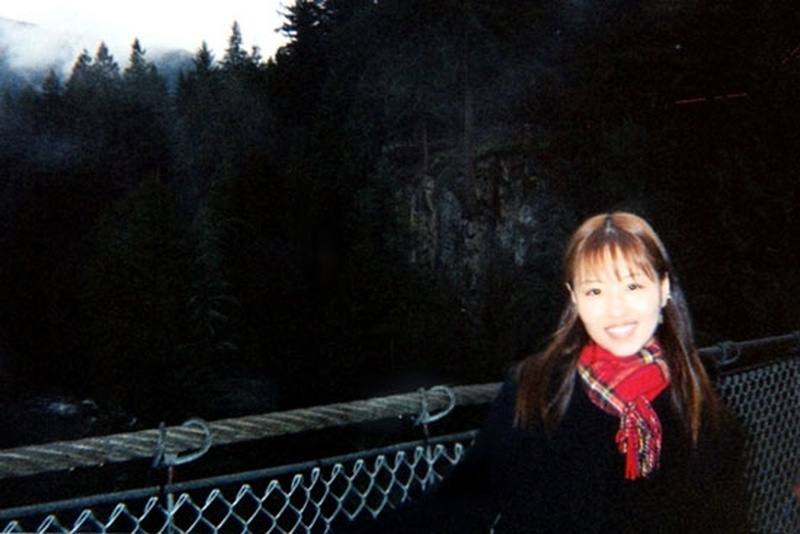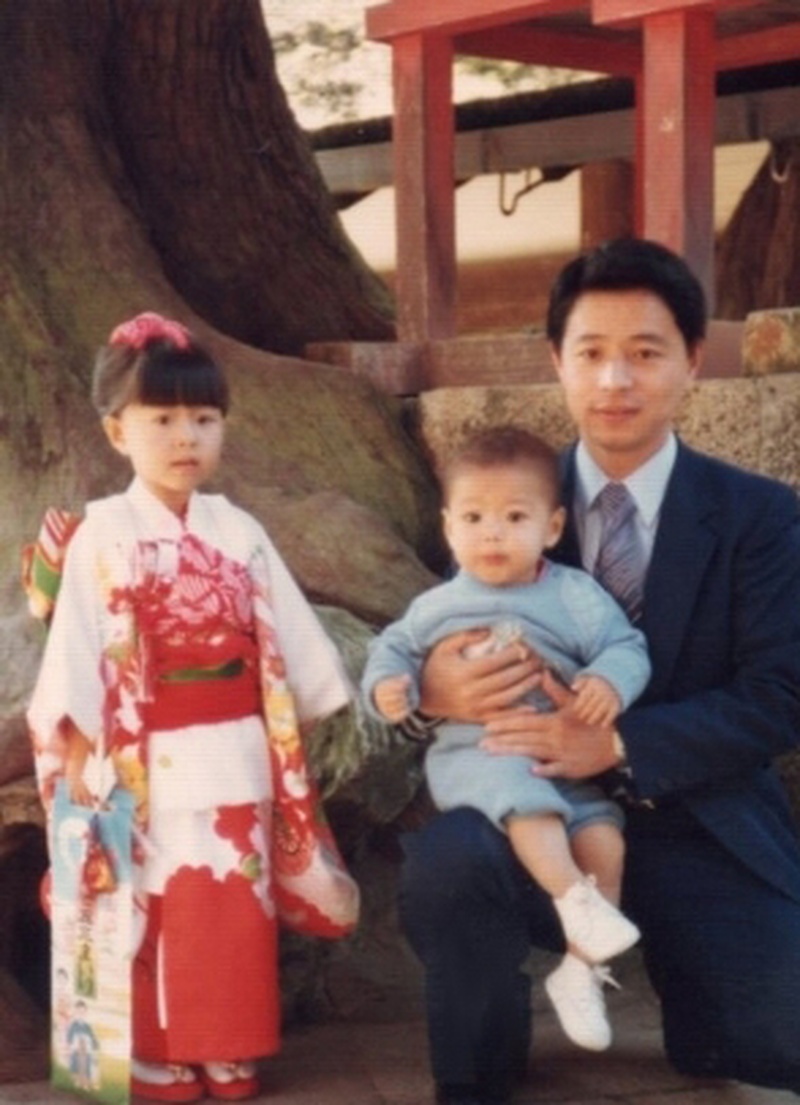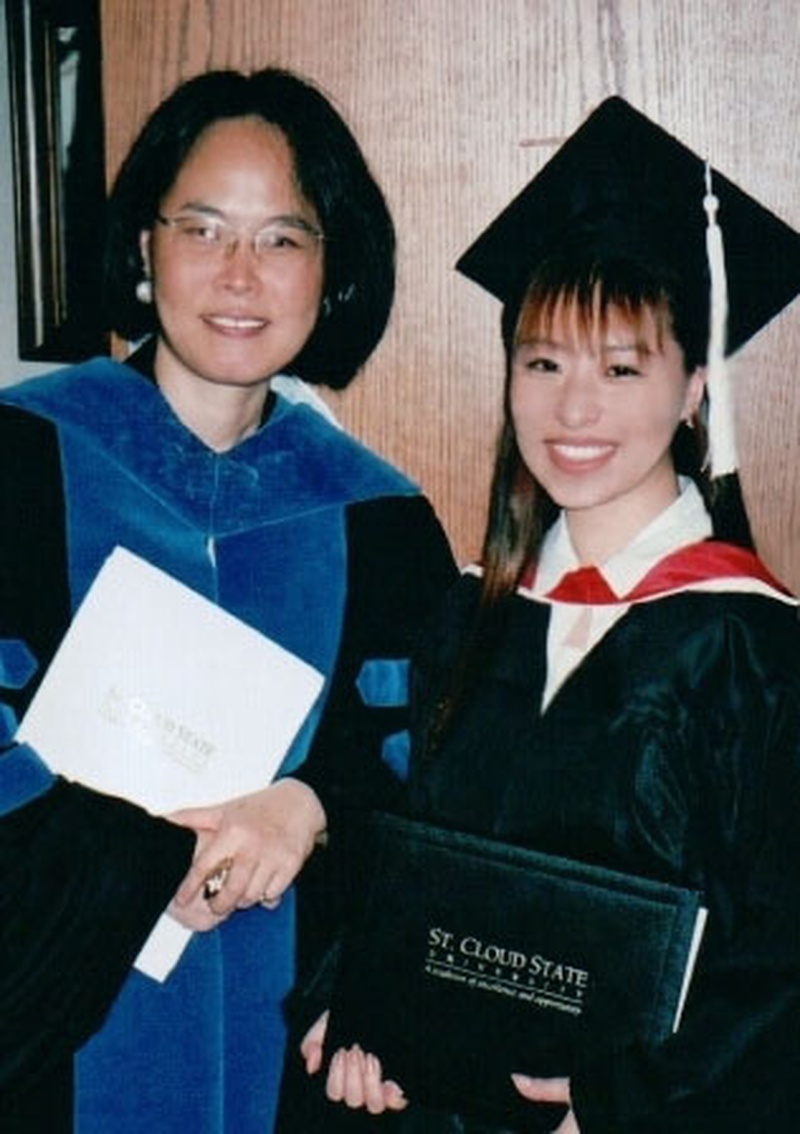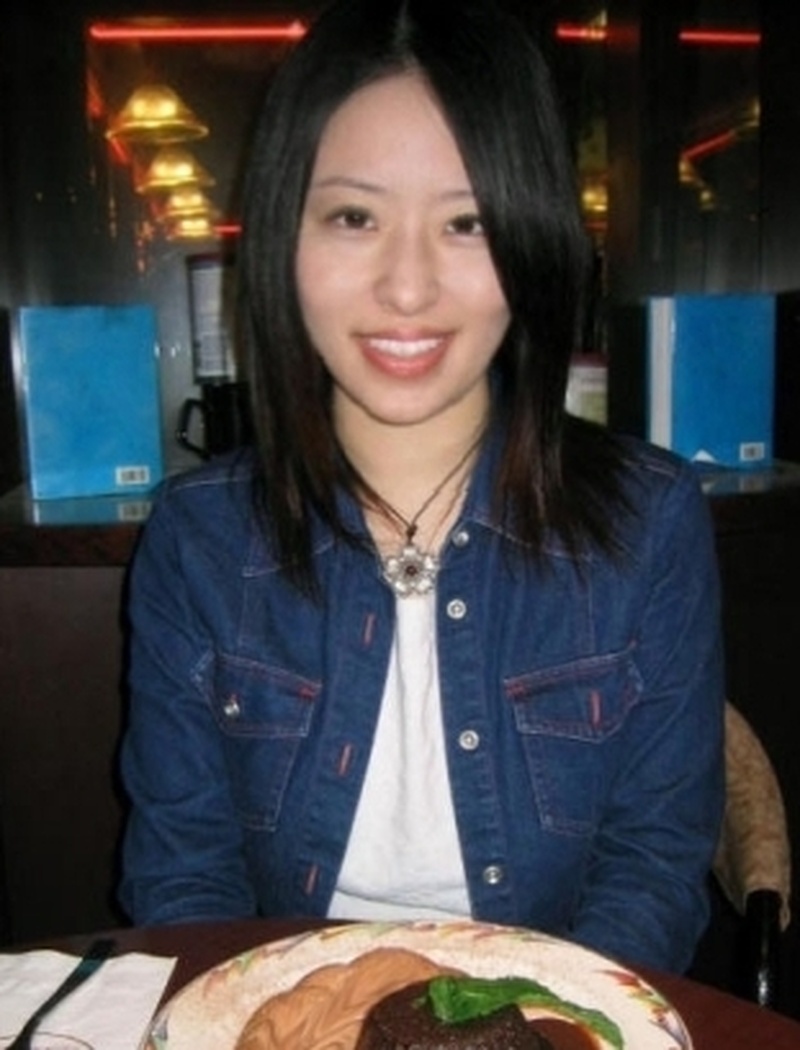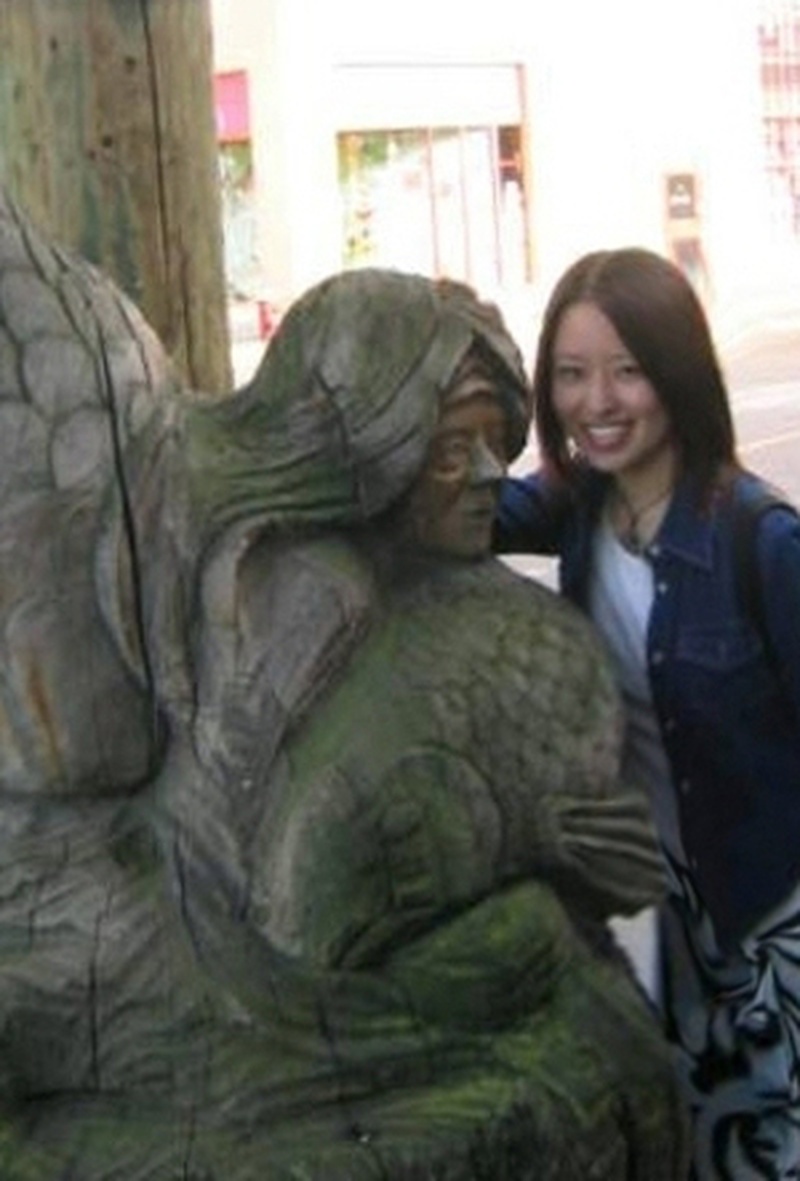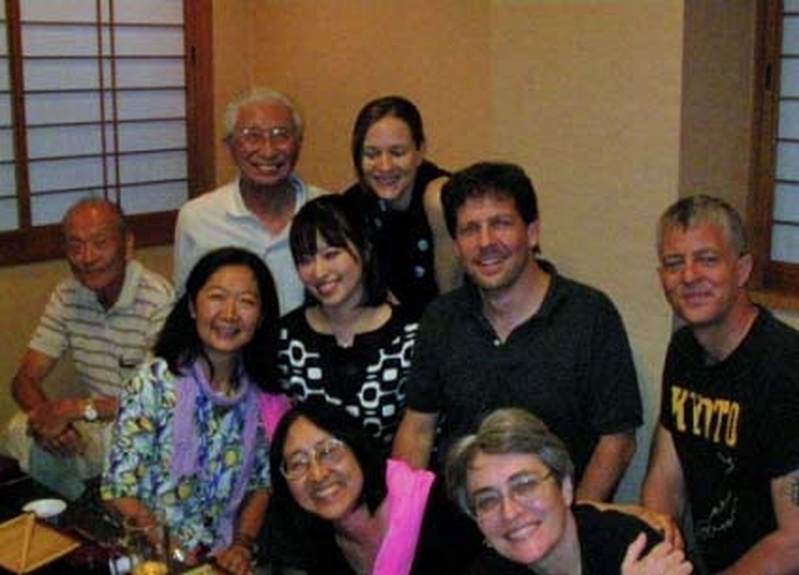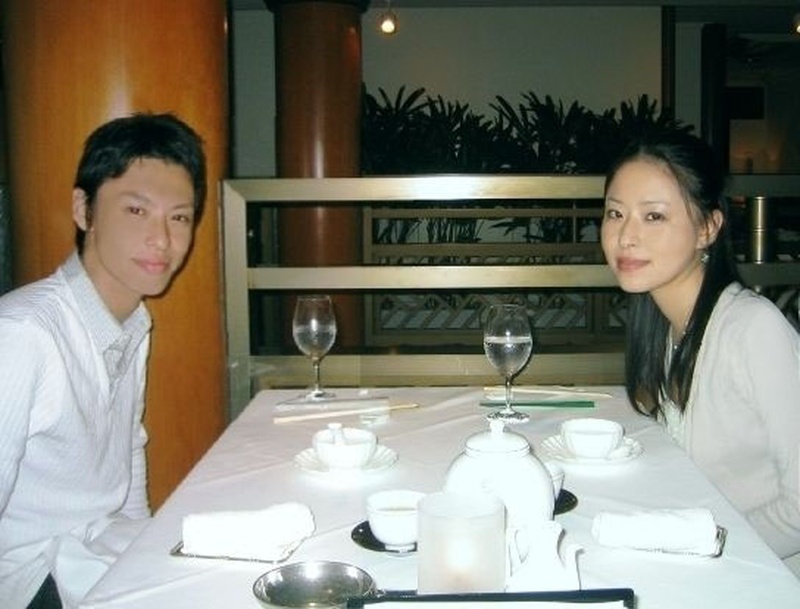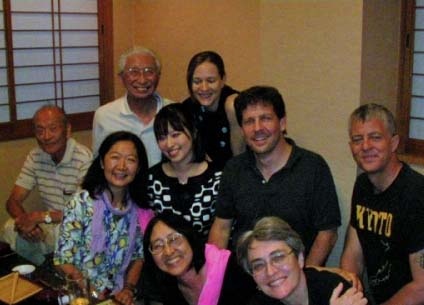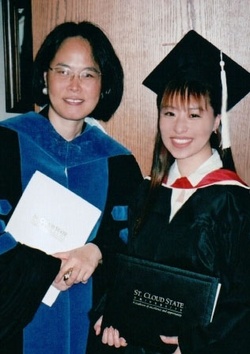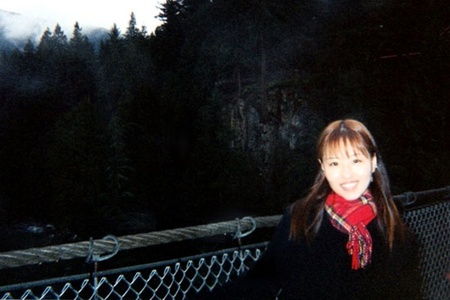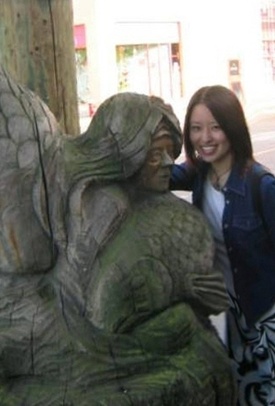What, if anything, makes us uniquely Canadian Nikkei?
In many ways, we are very much like Nikkei in the United States as we’ve grown up in similar cultural environments, schools, churches and even immigrated from the same places in Japan.
Our histories around World War Two are vastly different in some ways but starkly different when it comes to the military duty (American Nikkei were allowed to fight and did so with distinction versus Canadians who at the behest of the British only saw military service as translators and interpreters at the end of the war) and then there were the west coast resettlement restrictions that were lifted immediately for American Nikkei but remained in place for Canadian Nikkei until 1949 when most had already settled into new jobs and schools in eastern Canada.
Now, as university programs about Asian Canadians are in their nascent stage and writing (fiction and nonfiction) and academic study about the Canadian Nikkei experience sparse at best, I was truly intrigued when my Nisei friend Tak Matsuba in Osaka whose family “repatriated” to Japan after the World War Two, told me about a Japanese PhD student who was studying this. He put me into contact with Kana Yokoyama, 34, a student at Osaka University.
When I found out that her thesis was about education in the Canadian/American Nikkei community, I wanted to ask Kana about her insights into our community and she graciously complied.
Can you first talk a bit about your background? Where did you grow up?
I was born in Nagasaki, and spent my childhood in Nara, Hiroshima, Kagoshima, and Fukuoka.
What do your parents do?
My father is an office worker and used to get a transfer every two or three years, so I’ve moved quite a lot. And my mother is a full-time housewife.
Does your family have a personal connection to Canada? If so, what is it? When did you first come to Canada? What kind of impact did it have on you?
Not really. My family has never been to Canada.
As for me, when I was studying at a university in the States (Jan. 2000 to Aug. 2003), I first visited Vancouver. At the time, when I was in Minnesota the majority of people were Caucasian over there. So, I was surprised to see the ratio of Asian residents in Vancouver.
Did you know any Nikkei back then?
Yes, I did. Some of my Nikkei friends were living there.
Can you describe your educational path and how your studies eventually came to focus on an interest in Japanese Canadians?
After graduating from a high school in Fukuoka, I went to the States to enroll in a university. I was majoring in Linguistics and TESL (Teaching English as a Second Language), and I chose to investigate bilingual and bicultural individuals’ identity fluctuation and code-switching features in my Master thesis.
Identity is not steady. It fluctuates depending on the situation or people they are with. Education can be one of the causes that help to create people’s identity, so I wanted to investigate more about how the educational perspectives have affected Nikkei.
How did your interest in JCs grow from there?
In that study, one of my informants was a Canadian of Japanese ancestry, and as I conducted the research and looked at the identity features, I also started having an interest in the history of Japanese Canadians.
Did you go into the process with some assumptions about who “the Japanese Canadians” are or aren’t?
Well, not only about Japanese Canadians, but the definition of Nikkei itself has been very vague. Since there isn’t a clear rule to define “Nikkei”, it seems to have been difficult to define who the Japanese Canadians are too.
What have you found to be true or not?
It is also true that there are many young generations of Nikkei who have 100 percent Japanese ancestry but don’t pay any special attention to it. On the other hand, there are some mixed-raced Nikkei whose physical appearance is far from “Japanese” but who are very much into Japanese culture and tradition.
Since the number who intermarriage has been increasing, the “who are the Japanese Canadians and who are not” discussion has been very difficult and sensitive. “Ethnicity versus Race” type of issue is involved and it’s very complicated.
What is the focus of your thesis?
I would like to examine the educational perspective that Nikkei people have. I am interested in both Japanese Canadians and Japanese Americans.
Any discoveries that you can share at this point?
I am still at the stage of collecting data. Hopefully, I will soon have enough data to make a comparison between Japanese Canadians and Japanese Americans.
Who is your thesis advisor?
My thesis advisor is Dr. Gerry Yokota, a Quapa Japanese American professor. She is from the States, and her specialties are Gender Studies, Rhetoric, and so on.
I am sure that JCs would be interested to know more details about what aspects of JC history you are exploring. Can you give us some examples - e.g. education? Any insights that you wish to share?
I am interested in their perspective toward education. It also includes the general way of thinking or identity fluctuation.
The older generations of Japanese immigrants, especially Issei experienced many difficulties such as discrimination, low wages, language barrier, but many of Issei parents gave their children’s education the highest priority and worked very hard. According to previous Nikkei research, that is because Issei parents believed that giving their children an opportunity to obtain a higher education would lead a better job and a better life in the children’s future.
Lately, Canadians/Americans of Japanese ancestry have come to occupy the influential and powerful occupational positions, and they are regarded even as a “model minority”. I would like to investigate how the older generations’ educational views have been inherited over the generations.
I know that this is a big question, but I’d be interested to know how you see the Japanese Canadian connection to Japan changing over time from the first pre-World War 2 Issei to today?
In my personal opinion, it seems that the connection to Japan the first pre-WW2 Issei had was based on their fanatical patriotism. As they settled down in Canada, however, their surrounding situation or status had changed (of course, it is based on the Issei’s tremendous efforts though), and subsequent generations have come to occupy influential occupational positions. That means they don’t necessarily need to arouse the patriotic sentiment toward Japan any more in order to live their lives in Canada.
Today, some are reestablishing the connection to Japan to acquire Japanese language for the sake of a better career path, and to understand the recent Japanese pop culture while others are trying to establish a connection to Japan in order to seek their historical roots or family backgrounds. It really depends on the individual, but it seems many of the reasons Nikkei people get connected to Japan come from their desire to enrich their lives and the state of mind. This is common to any of the generations.
How important has it been to your research to be able to access material in Japanese and to be able to read it in the original language?
Having access to the material in both languages would be better. It is always nice to have more options to investigate the facts. In that way, I can take a broader view of things.
What have been your richest sources of material? What kind of impression do you have of the first Issei who came to Canada?
I’ve conducted a case study or questionnaire type of research so far, so the informants’ candid opinions have been my richest sources of information.
I haven’t met any Issei people in person, and all of my information on Issei is from the previous research done by others or other publications. I understand that many Issei were disappointed at their new lives in a different country but worked hard to survive, because, first of all, they had no other choice but to do so, and, they also strongly believed and dreamed of a better future.
Do you see JCs as being different from Japanese Americans or those in any other place? If so, how? What might be some commonalities? Differences?
As far as I see, I think Japanese Canadians and Japanese Americans are different identity-wise. Many of Japanese Canadians have both Japanese side and Canadian side in their identity although its ratio is different among individuals, and they go between the two parts back and forth, depending on where they are, who they are with, who they talk to, etc. However, even when they are showing the Japanese side of their identity, if they confront American people or the idea of America in any way, they suddenly start showing the very strong Canadian side of their identity. I haven’t noticed those types of features in Japanese Americans e.g., showing the strong American side of their identity when confronted by a specific group of people.
And, when I happened to see the TV commercial of “I Am Canadian” series by the Molson Canadian beer company, I think I got the reason why Japanese Canadians have the above tendency. This commercial portrays Canadian nationals’ typical sense of rivalry toward America. I suppose Japanese Canadians also have this kind of sense.
How then do you define “Japanese Canadian” in 2014?
I think, when we define “Japanese Canadian,” with consideration of such factors as culture, tradition and their ethnic background. At the same time, however, Nikkei people also have choices in how they want to be defined by others. For example, one cannot change such factors as the ethnic background, but there are some things one can change; they can establish their identity or culture as they want to be seen, to some extent.
In this borderless internet age, Japanese Canadians (not only Japanese Canadians, but any Nikkei people) can have access to Japan very easily compared with the past. The Nikkei who were raised in Canada’s multicultural setting, tend to have especially well-defined preferences. Since they are familiar with different cultures and people, they can compare and judge these different values. This knowledge appears to have provided the basis for them to be more particular about personal preferences in regard to social interactions with various types of people, as opposed to a person who was raised in a monocultural setting who would not have the justifiable grounds to be as opinionated.
How do the post-WW2 Ijusha effect that definition?
I think the post-WW2 immigrants have a very different identity, because they chose to move overseas of their free will for reasons such as to start a business or to study the language, and they thought those foreign countries would be more attractive than Japan. Such people were feeling okay about becoming westernized and some even worked actively to become so (e.g., language and culture). This is opposed to the pre-WW2 immigrants; even though some tried to become westernized, they weren't allowed to do so fully because society still barred them from the professions, voting, and politicians were openly racist toward them.
I am not sure what kind of influences exactly the post-WW2 immigrants have on the Japanese Canadian community, but it’s going to be very interesting to compare those two groups in the future research.
What about those who define themselves as “Hapa”?
As for Hapa people, actually I spent quite a lot thinking about it when I conducted research of Japanese Americans in Hawaii. Again, it’s an “Ethnicity versus Race” type of issue, and it has something to do with how Hapa people see themselves, how they want to be seen by others, and how the people of 100 percent Japanese ancestry see them.
In terms of our community’s connection to Japan, what is the state of it? Are we comfortable with it? What kinds of things can we learn from one another?
It seems the socialization level really depends on the individual. Also, when children are young, parents’ preference has influenced them, so it depends on each family too.
There are many young generations, both Nikkei people and Japanese nationals, who are not familiar with Nikkei immigration history and what happened in the past. I think we can share it and learn a lot from historical facts, such as symbiotic relationships, social justice, language and culture, and those will for sure enrich our lives.
How connected are you to the Canadian Nisei who were forced to go to Japan after WW2? Do you want to hear from more of them?
Unfortunately, I don’t have a personal connection to those people, but I would like to hear from them! I strongly believe that my generation has a responsibility to pass their stories on to the next one.
How has your research affected your understanding of yourself and what it means to be Japanese?
When I went to the States and lived there, I noticed the fact that I am Japanese and belong to the so-called “minority” group, for the first time. If that had been a short trip, I wouldn’t have had such a chance to think about it though. Actually, I hadn’t had a chance to look at myself in terms of nationality, ethnicity and race until I moved outside of the country. As you know, Japan tends to be seen a monolingual and monocultural country compared with other countries, although it is not really so, and being in a “majority” group in Japan used to make me indifferent to my identity. However, after I went to the States and started to become interested in this field of research, I started looking at myself in a different broader view.
Any final comments?
I would like to get to know more people who are having Nikkei background (in any area, any country) or are in this field of study. If we can share the experience and knowledge, that would be really nice.
Also, I have been currently conducting the research of Japanese Canadians and Japanese Americans. It would be much appreciated if more people stop by and participate in the following online survey
https://creativesurvey.com/reply/4af9b1562bffcc2bd50c33585f6721
Any information that is obtained in connection with this study and that can be identified with the individual will remain confidential and will be disclosed only with their permission.
How can people get in contact with you?
If you have any questions or comments, please feel free to contact me at: yokoyama0223@yahoo.co.jp
I’d be happy to hear from anyone who can help me with my research.
© 2015 Norm Ibuki


